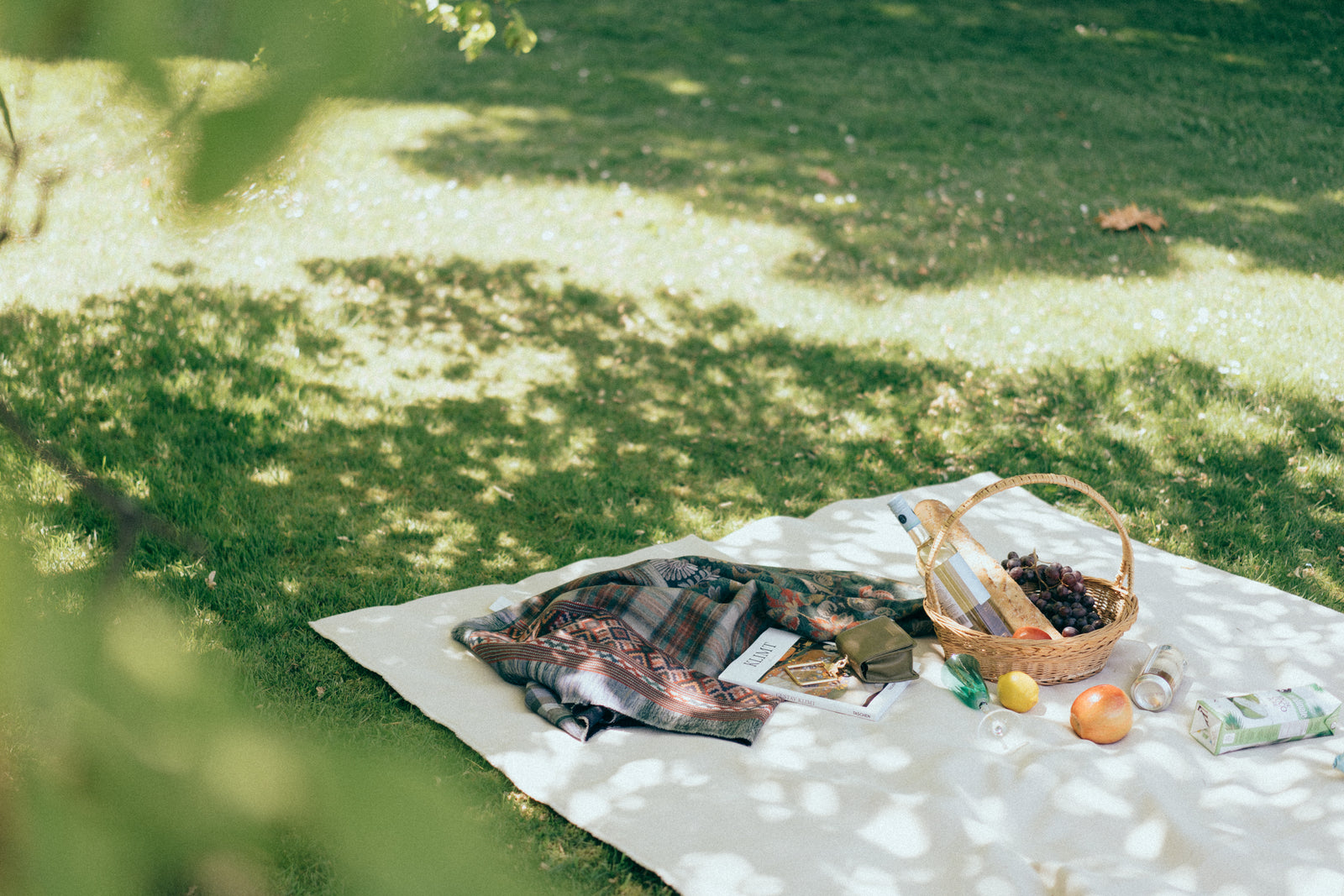Free shipping within Canada for orders $100 and up!
Free shipping within Canada for orders $100 and up!
Add description, images, menus and links to your mega menu
A column with no settings can be used as a spacer
Link to your collections, sales and even external links
Add up to five columns
Add description, images, menus and links to your mega menu
A column with no settings can be used as a spacer
Link to your collections, sales and even external links
Add up to five columns

If There's a Will, There's a Way - Circular Fashion
April 08, 2022 4 min read
“What’s in your wardrobe has the power to transform lives.” - Anna Marie Tomchak
When it comes to the global understanding of sustainability, there’s one particular expression that also comes to mind - circular. The demand for pre-loved or ‘resale’ luxury novelties is growing among environmentally conscious customers, and many organizations are realizing that this exciting market should not be overlooked.
At Secret Location, our model of sustainability is one that has been engrained since our inception, and is the guiding road to all our initiatives. We’ve partnered with a Vancouver-based business offering pre-loved luxury pieces - Collective Will. We sat down and connected with Founder, Randa Salloum, to ask her some questions to gather more insight into her latest business venture. Read the interview below.

SL: How was Collective Will born?
CW: After a short and successful experience co-founding ARCHIVE, Canada’s largest consignment warehouse sale, there was still a need in my life to create an avenue for preloved items. Through my love of sustainability and desire to treasure hunt, Collective Will was born to offer already loved styles to new homes.
SL: Can you expand on how your business model is a solution to the ‘Throw Away’ culture?
CW: Throwaway culture is focused on the idea of using items once or purchasing with the intent to not wear long term. By accepting these items and offering them to others, we can overcome this way of consuming by allowing others to extend the life of a garment.
SL: How do secondhand and thrift contribute to sustainability?
CW: The biggest benefit to shopping secondhand is that it removes the need for new production. By choosing clothing already in circulation, we are lowering our environmental carbon footprint by hundreds of thousands of tonnes in a year.
SL: Is there a focus or style when sourcing for pieces?
CW: I tend to gravitate toward items that I would personally wear. I aim for natural fibres, and if not, they are timeless styles. Born in 1987, I have a deep love for all things 90’s and you can see that in the styles that I choose.
SL: Transparency is a big factor for the new generation of shoppers, how does Collective Will incorporate transparency?
CW: I’ve created a transparency page on the website that highlights where the clothing is sourced, what the packaging is made of, how pricing is determined + its markup, and more. It’s important that consumers can make the best decision for themselves, so they feel good about their purchase.
SL: When shopping with Collective Will, what can customers expect?
CW: Customers can expect to receive quality secondhand styles for an accessible price that they will wear for years to come. By receiving their items in post-consumer recycled packaging, they can feel good knowing that their purchase to delivery is contributing to a larger course of action.
SL: Where do you think there is room for improvement in the sustainable and circular mindset?
CW: Consumers leave the sustainable choices to the brands, thinking they will offer the best choice to the community. We need to be asking more questions about where our items come from. I’ve been seeing a lot of “hauls” on social media and it is not solely the fast-fashion ones that we need to curb. Shopping sustainably means not consuming more than we need. Even if it is a secondhand haul, it’s still over consumption.
SL: Do you have a favorite piece you’ve found during your sourcing ventures? Why?
CW: My favorite item that I’ve found was a 1990’s Danier cropped leather bomber jacket. It was in perfect condition and didn’t last more than 2 weeks on the website when I launched. I still think about it to this day and wished I kept it for myself!
SL: Will there be any plans for expansion?
CW: I’m very excited about what’s to come with Collective Will and hope to have a street view storefront one day in the next two years.
SL: Do you have any final thoughts you’d like to share with all our readers?
CW: Shopping secondhand can be one of the most fun shopping experiences you’ll have! You’re given the opportunity to find unique styles that nobody else will have. It’s the ideal choice for embracing your own style!
The concept of a circular economy is rather simple; it refers to an approach to systems that involve industrial processes and activities with the main purpose of restoring & regenerating resources to maintain its highest value for as long as possible. This can be applied to cities, recyclable materials, energy, and of course, the fashion industry.
There's a slew of innovation in the air, ocean, and earth - and we need only to come together to collectively pursue for a greener and brighter future ahead.
_______________________
We're delighted to announce that we'll be hosting a pop-up event with Collective Will in store! Discover what curated pieces are available and meet with Randa Salloum in person.


